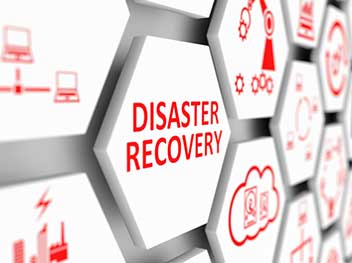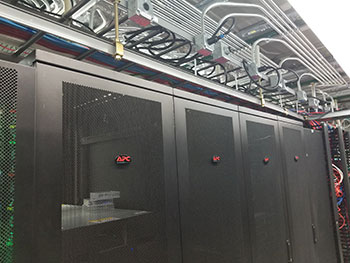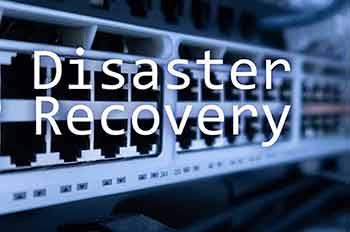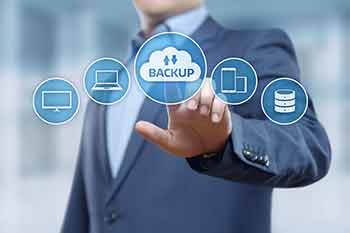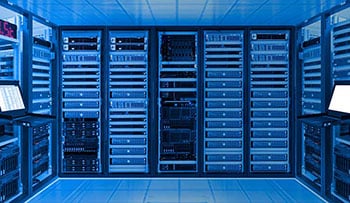IBM iSeries Disaster Recovery: Lessons learned from a hardware failure
More than 150,000 organizations worldwide rely on the IBM Power Systems platform and the IBM iSeries operating system to keep their core business up and running. This includes business applications like enterprise resource planning (ERP) software, banking applications, customer relationship management (CRM) software and health information systems. Because of the business-critical nature of these applications, companies rely on the iSeries as it is known for its reliability, scalability and stability. But what happens when the unthinkable happens and one of these systems fail?
Read More